In the ongoing debate between shower enthusiasts and bath lovers, water consumption has become a crucial factor, especially as environmental consciousness grows. While many homeowners are embracing luxurious freestanding bathtubs for their aesthetic appeal and relaxation benefits, understanding the water usage implications of your bathing choices is more important than ever. Let's dive deep into this comparison to help you make an informed decision about your daily bathing routine.
Understanding Basic Water Consumption
Standard Shower Usage
· Average shower duration: 8 minutes
· Traditional showerhead flow rate: 2.5 gallons per minute
· Low-flow showerhead rate: 1.8 gallons per minute
· Ultra-efficient models: 1.5 gallons per minute or less
Standard Bathtub Capacity
· Traditional built-in tub: 30-50 gallons
· Freestanding bathtubs (standard): 40-60 gallons
· Freestanding bathtubs (luxury): 60-80 gallons
· Compact freestanding bathtubs: 30-40 gallons
The Real Numbers: Breaking Down Water Usage
Average Shower Consumption
Let's calculate typical shower water usage:
· Standard showerhead (8 minutes): 20 gallons
· Low-flow showerhead (8 minutes): 14.4 gallons
· Ultra-efficient showerhead (8 minutes): 12 gallons
Bathtub Fill Requirements
Modern freestanding bathtubs vary in their water requirements:
· Compact models: 30-40 gallons per bath
· Standard sizes: 40-60 gallons per bath
· Luxury soaking tubs: 60-80 gallons per bath
· Average fill level: 2/3 capacity for comfortable soaking
Factors Affecting Water Consumption
Shower Variables
· Duration of shower
· Type of showerhead installed
· Water pressure settings
· Individual bathing habits
· Frequency of use
Bathtub Variables
· Tub size and design
· Fill level preferences
· Frequency of use
· Water reuse practices
· Overflow prevention measures
Environmental Impact Considerations
Carbon Footprint
· Water heating energy requirements
· Treatment facility processing
· Distribution system impacts
· Long-term environmental effects
· Water scarcity concerns
Conservation Opportunities
For Showers
· Installing water-efficient showerheads
· Using shower timers
· Implementing flow restrictors
· Fixing leaks promptly
· Regular maintenance
For Freestanding Bathtubs
· Partial fills for daily use
· Water recycling systems
· Efficient drainage solutions
· Strategic tub sizing
· Proper insulation for heat retention
Cost Analysis
Water Bill Impact
Shower Costs (Monthly)
· Traditional showerhead: $15-25
· Low-flow system: $10-20
· Ultra-efficient: $8-15
Bathtub Costs (Monthly)
· Standard usage: $20-30
· Frequent usage: $30-45
· Luxury tub usage: $40-60
Energy Costs for Water Heating
· Shower heating (per use): $0.30-0.50
· Bathtub heating (per use): $0.50-0.80
· Annual heating differences: $70-120
Making an Informed Choice
When Showers Make More Sense
· Quick daily cleaning
· Limited water availability
· Cost consciousness
· Environmental concerns
· Space constraints
When Freestanding Bathtubs Excel
· Therapeutic needs
· Relaxation priorities
· Family bathing
· Property value consideration
· Luxury experience desire
Modern Solutions for Water Conservation
Smart Technology Integration
For Showers
· Digital temperature controls
· Flow monitoring systems
· Usage tracking apps
· Automatic shut-off features
· Smart home integration
For Freestanding Bathtubs
· Precise fill controls
· Temperature maintenance systems
· Water recycling capabilities
· Digital monitoring
· Efficient drainage systems
Water-Saving Features
Latest Innovations
· Greywater systems
· Heat recycling technology
· Water purification systems
· Smart sensors
· Usage optimization tools
Health and Wellness Considerations
Physical Benefits
Shower Benefits
· Improved circulation
· Muscle tension relief
· Quick refreshment
· Easy accessibility
· Consistent temperature
Freestanding Bathtub Benefits
· Deep muscle relaxation
· Joint pain relief
· Stress reduction
· Better sleep quality
· Therapeutic soaking
Making Your Decision
Personal Assessment Factors
· Daily schedule demands
· Physical health needs
· Environmental priorities
· Budget constraints
· Space availability
Hybrid Solutions
· Combining both options
· Alternating usage patterns
· Seasonal adjustments
· Special occasion planning
· Family accommodation
Maintenance and Efficiency Tips
Shower Maintenance
· Regular cleaning routines
· Showerhead descaling
· Leak checks
· Pressure adjustments
· Filter replacement
Freestanding Bathtub Care
· Surface cleaning
· Drain maintenance
· Seal inspection
· Hardware checks
· Water quality monitoring
Future Trends and Innovations
Emerging Technologies
· Water recycling systems
· Smart monitoring tools
· Energy recovery solutions
· Automated cleaning systems
· Usage optimization features
Sustainable Developments
· Eco-friendly materials
· Water-saving designs
· Energy-efficient systems
· Smart integration
· Resource conservation features
Regional Water Considerations
Geographic Impact on Usage
Arid Regions
· Water scarcity challenges
· Stricter conservation requirements
· Higher utility costs
· Seasonal usage restrictions
· Community guidelines
Humid Regions
· Different cleaning needs
· Mold prevention considerations
· Ventilation requirements
· Maintenance frequency
· Usage patterns
Special Circumstances and Solutions
Multi-Person Households
Family Considerations
· Scheduling bathing times
· Individual preferences
· Combined water usage tracking
· Cost distribution
· Space utilization
Shared Living Spaces
· Usage agreements
· Cleaning responsibilities
· Water bill sharing
· Time management
· Conservation practices
Seasonal Adaptations
Summer Considerations
· Cooler water preferences
· Increased bathing frequency
· Energy conservation
· Water temperature management
· Usage timing
Winter Adjustments
· Heat retention strategies
· Comfort modifications
· Energy efficiency
· Steam management
· Safety considerations
Professional Insights
Expert Recommendations
Plumber Perspectives
· Installation considerations
· Maintenance requirements
· Efficiency improvements
· Common issues
· Professional solutions
Environmental Consultant Views
· Sustainability practices
· Conservation strategies
· Future trends
· Impact assessment
· Improvement opportunities
Economic Analysis Over Time
Long-term Investment Considerations
Infrastructure Impact
· Home value effects
· Renovation requirements
· Utility system demands
· Maintenance costs
· Replacement timing
Financial Planning
· Budget allocation
· Utility cost projections
· Maintenance reserves
· Upgrade planning
· Return on investment
Advanced Water Management
Smart Home Integration
Automation Benefits
· Usage monitoring
· Temperature control
· Schedule management
· Leak detection
· Energy optimization
Data-Driven Decisions
· Consumption tracking
· Pattern analysis
· Cost monitoring
· Efficiency improvements
· Usage optimization
Water Quality Considerations
Treatment Options
· Filtration systems
· Softening solutions
· Mineral management
· pH balance
· Purification methods
Maintenance Requirements
· Regular testing
· System updates
· Filter changes
· Professional checks
· Quality monitoring
Takeaway
The shower versus bathtub debate, particularly when considering freestanding bathtubs, isn't just about personal preference anymore. It's about making informed decisions that balance comfort, convenience, environmental responsibility, and cost-effectiveness. While showers generally use less water per use, modern freestanding bathtubs with water-saving features can be part of an environmentally conscious lifestyle when used mindfully.
Remember that your choice doesn't have to be exclusive – many homeowners successfully incorporate both options into their routines, using showers for daily cleaning and reserving luxurious baths in freestanding tubs for relaxation and therapeutic purposes. The key is understanding your usage patterns and implementing water-saving strategies regardless of your choice.
By considering the factors outlined in this guide and implementing appropriate water conservation measures, you can enjoy your preferred bathing method while maintaining environmental responsibility and managing costs effectively. Whether you choose a quick shower or a relaxing soak in a freestanding bathtub, being mindful of water consumption will benefit both your wallet and the planet.
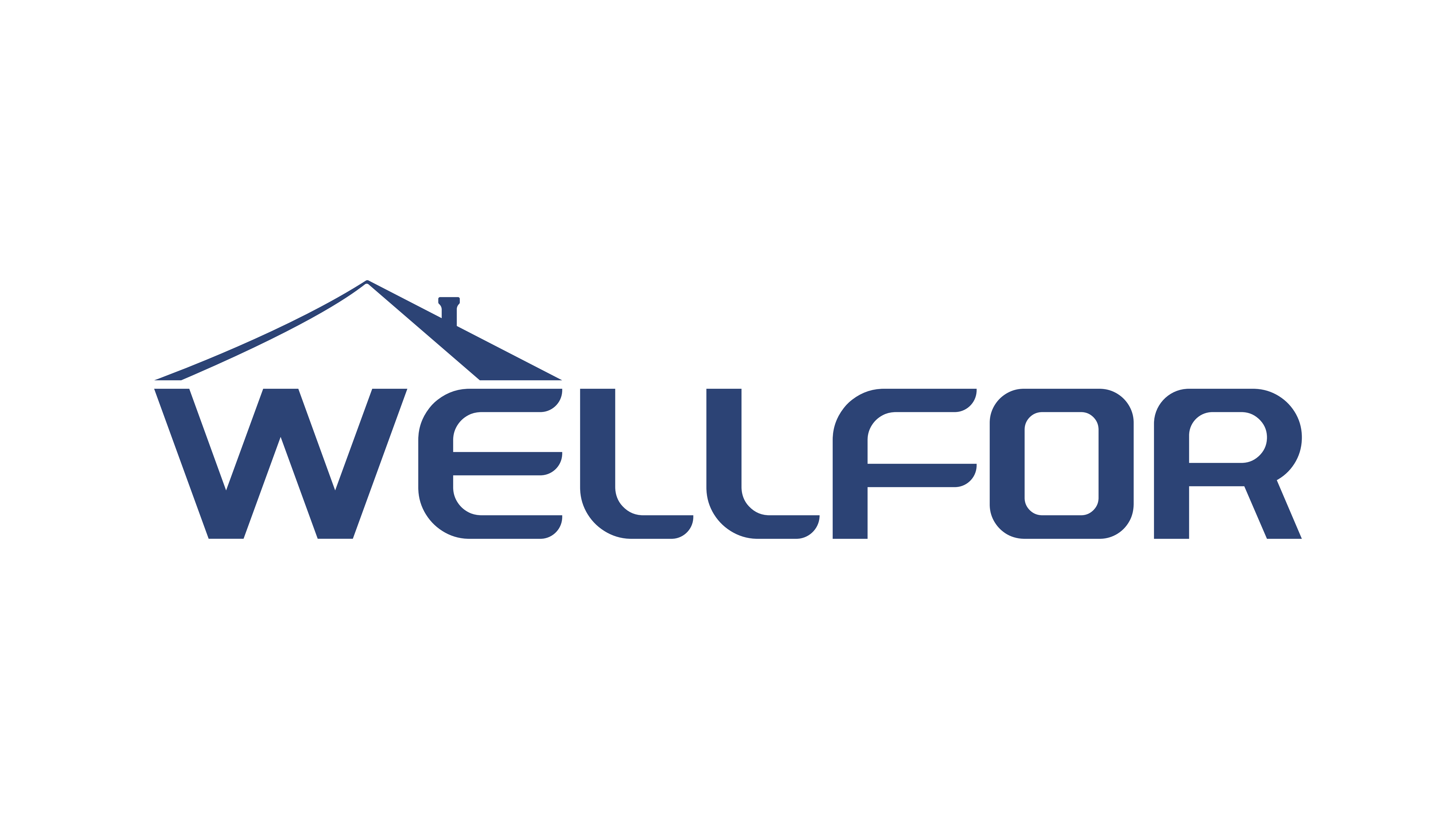
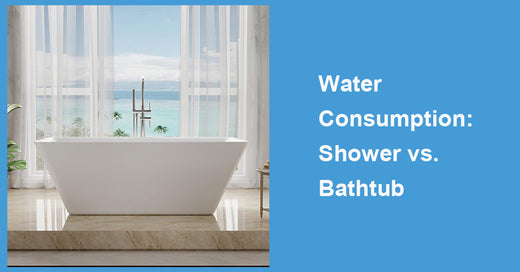

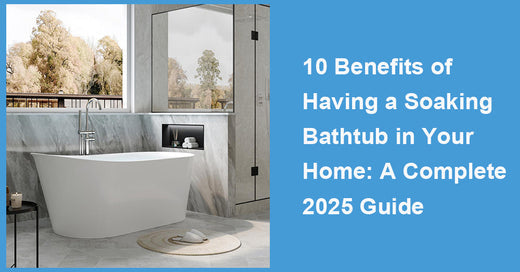
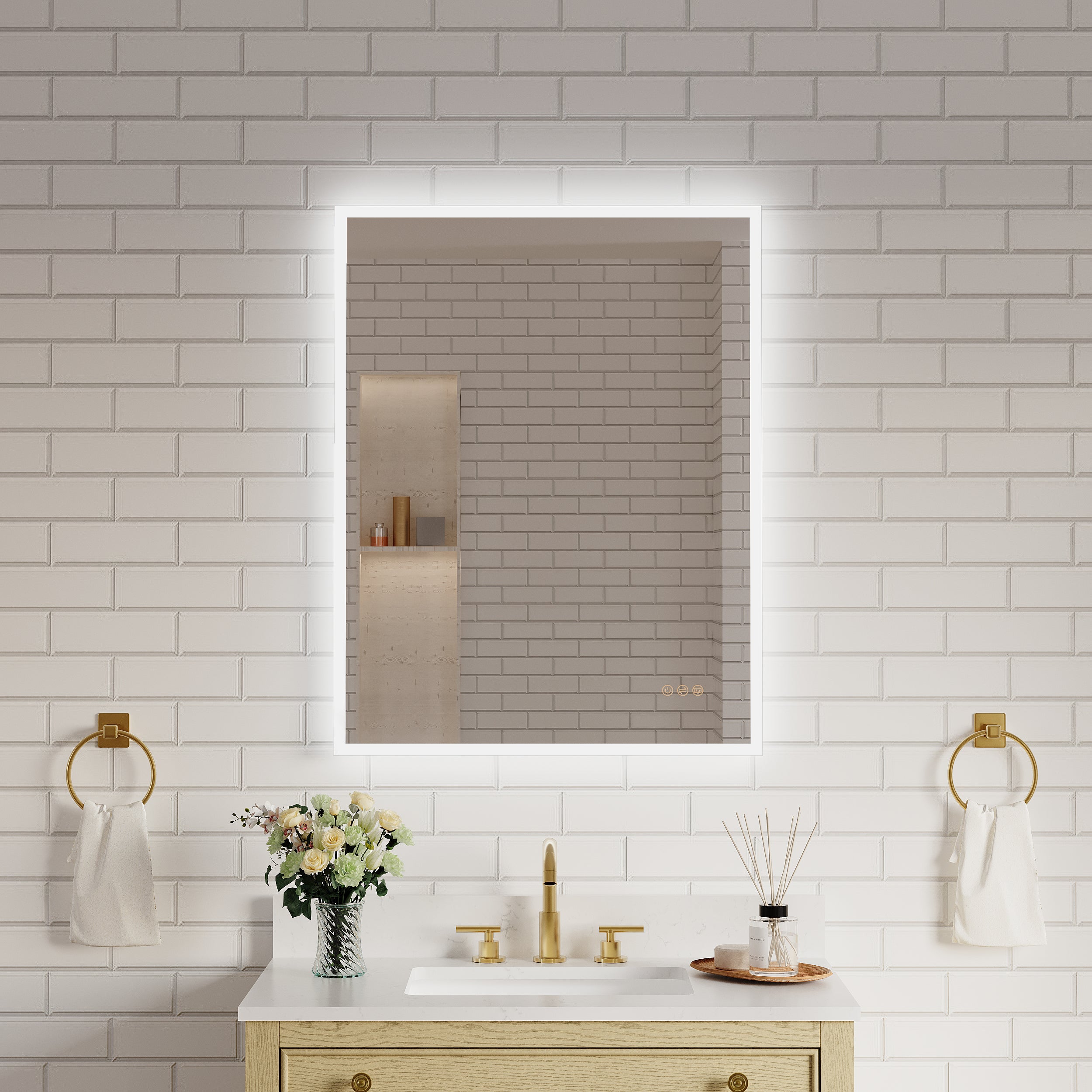
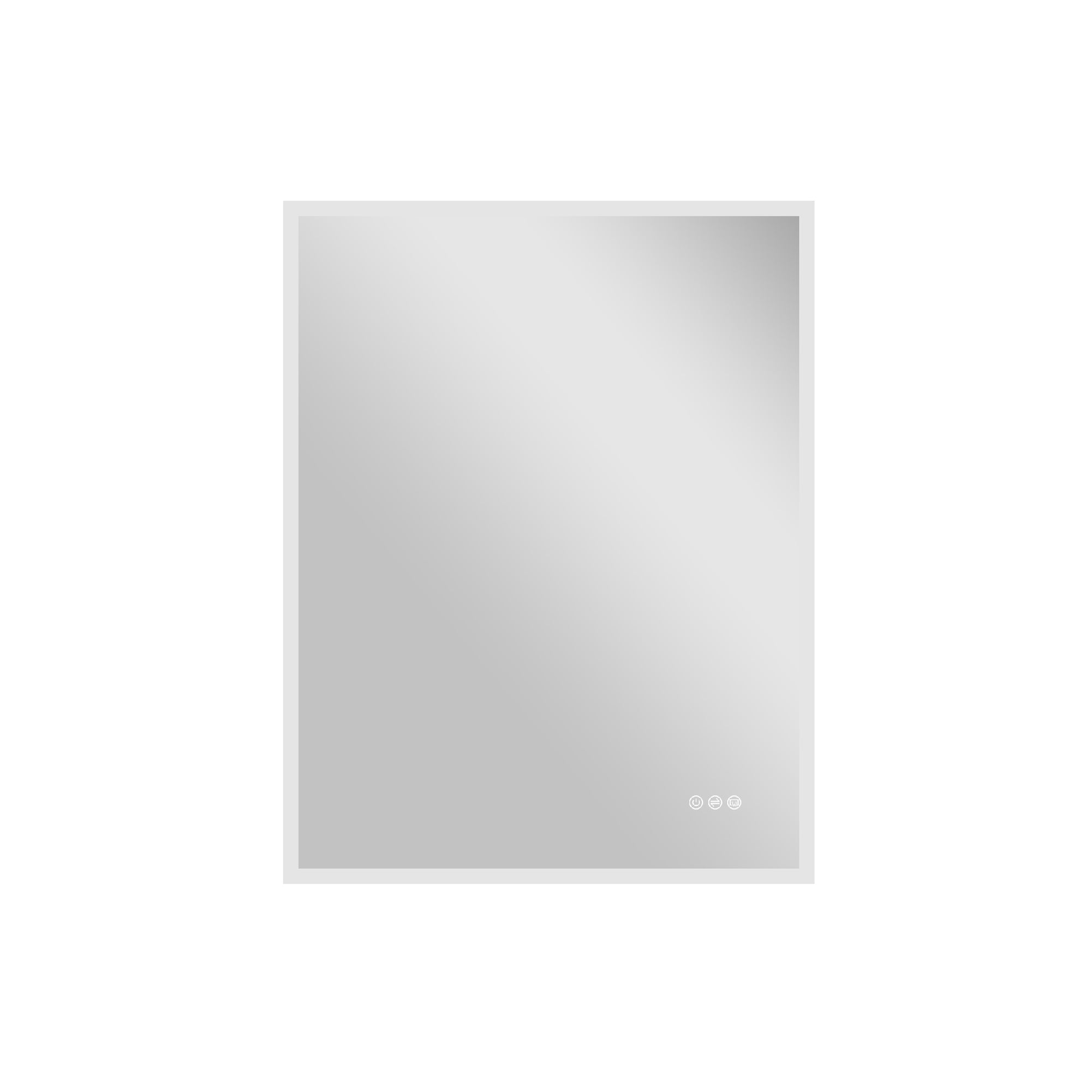
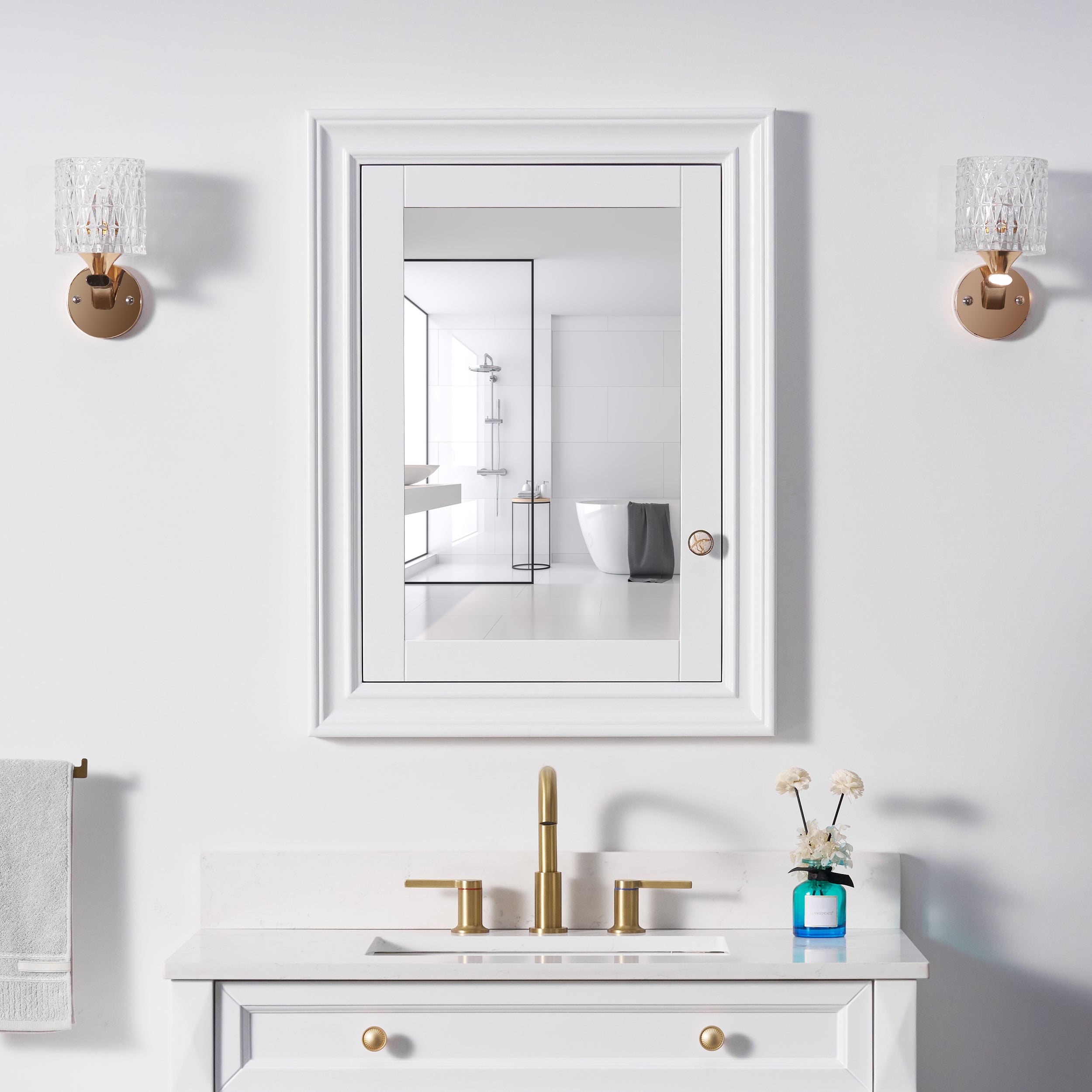
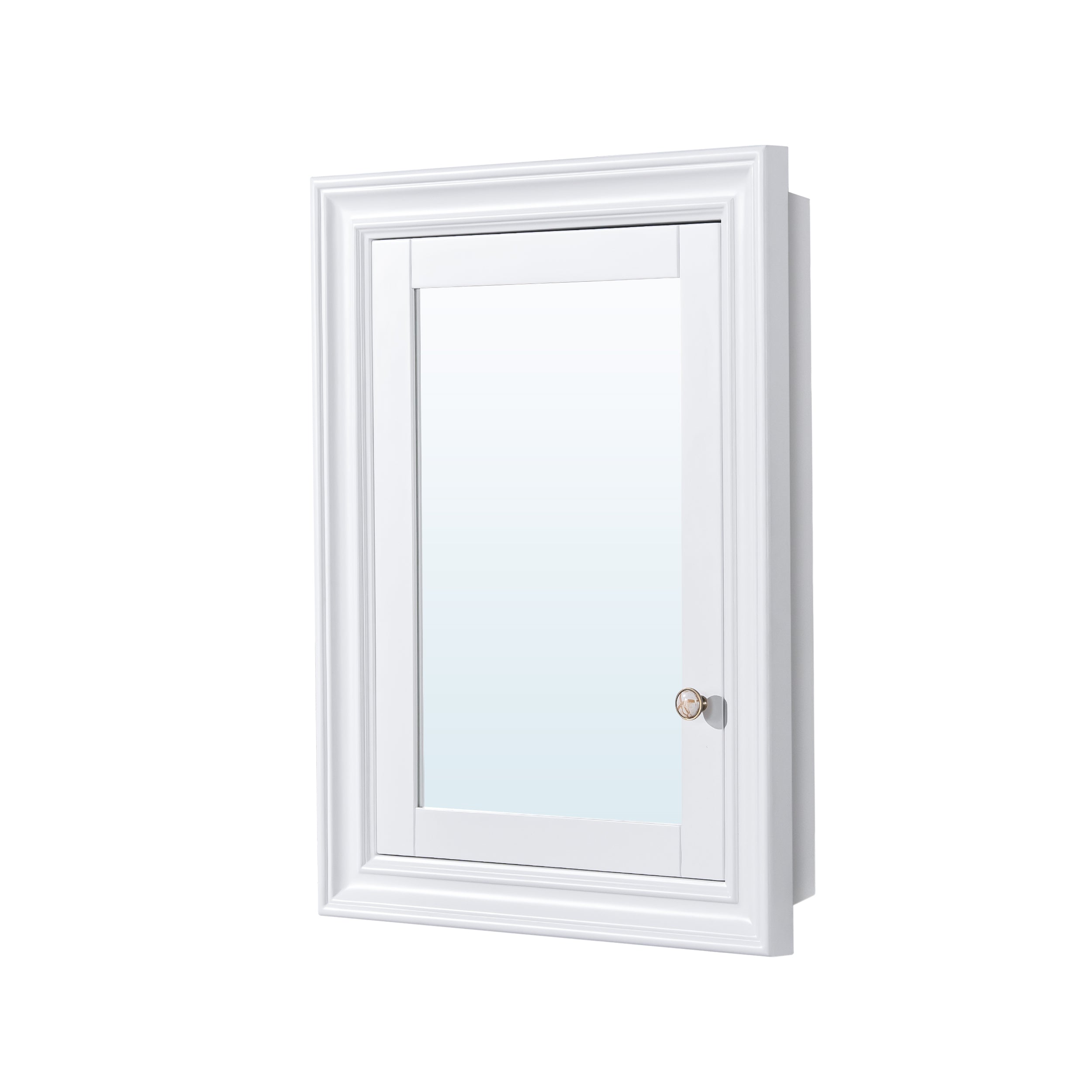
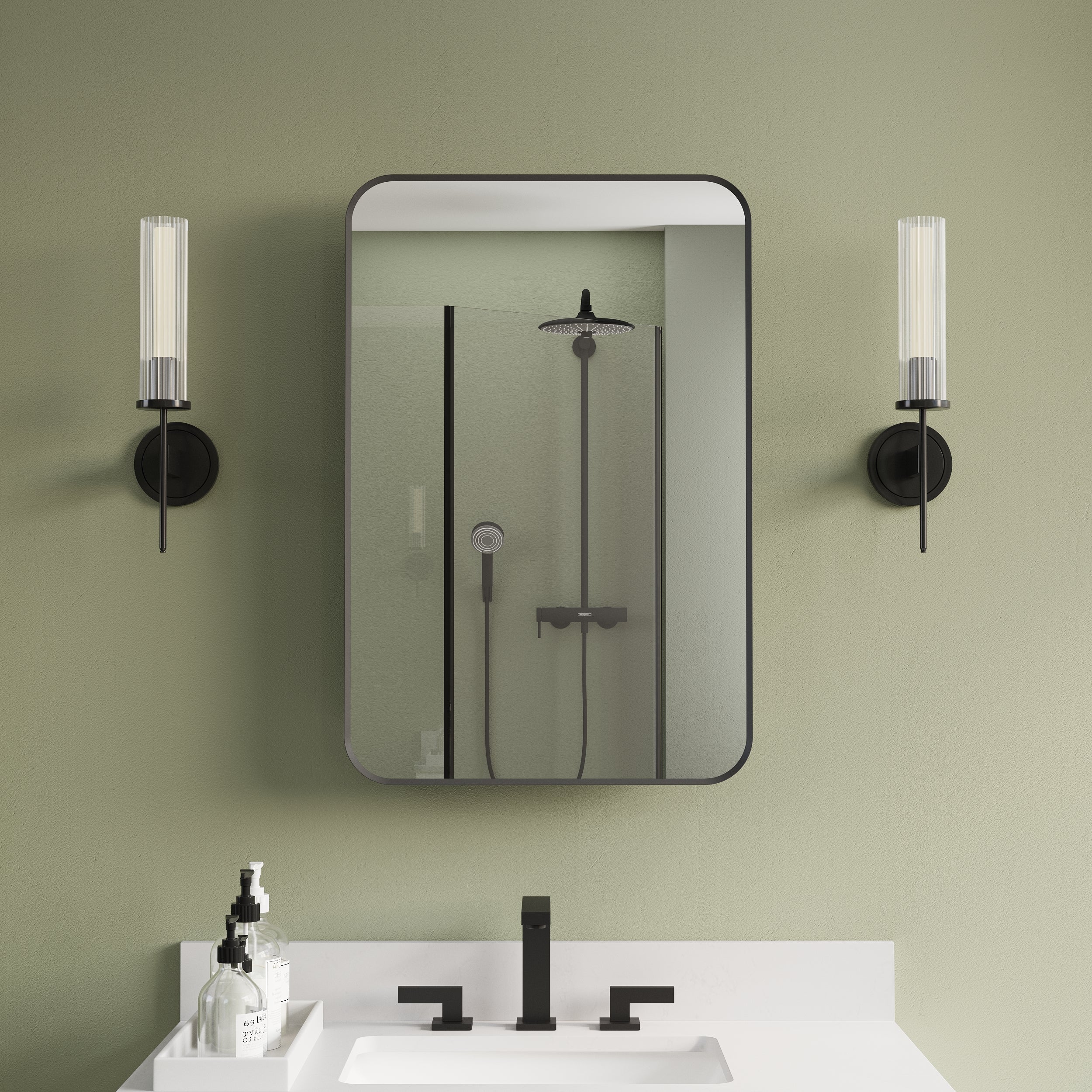
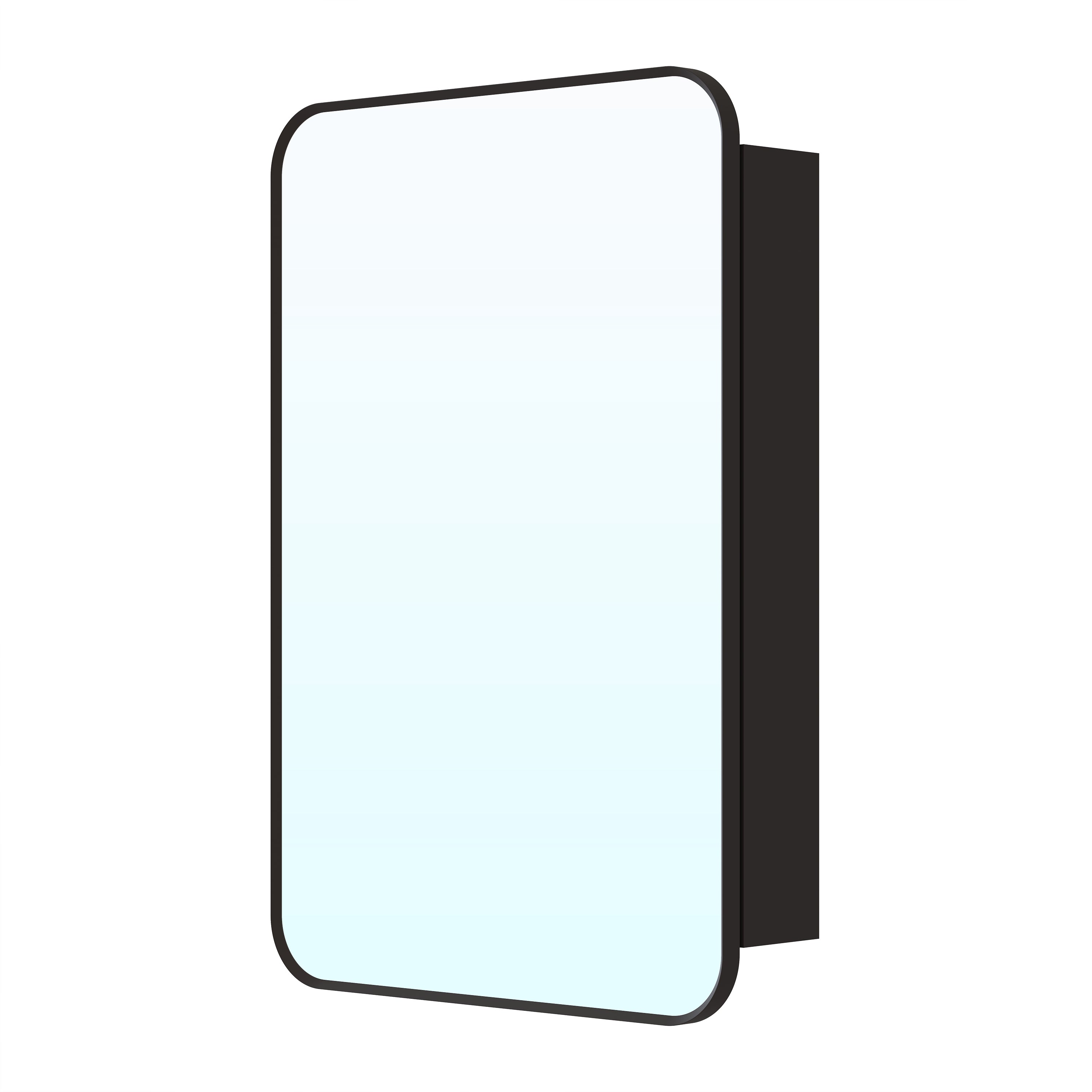
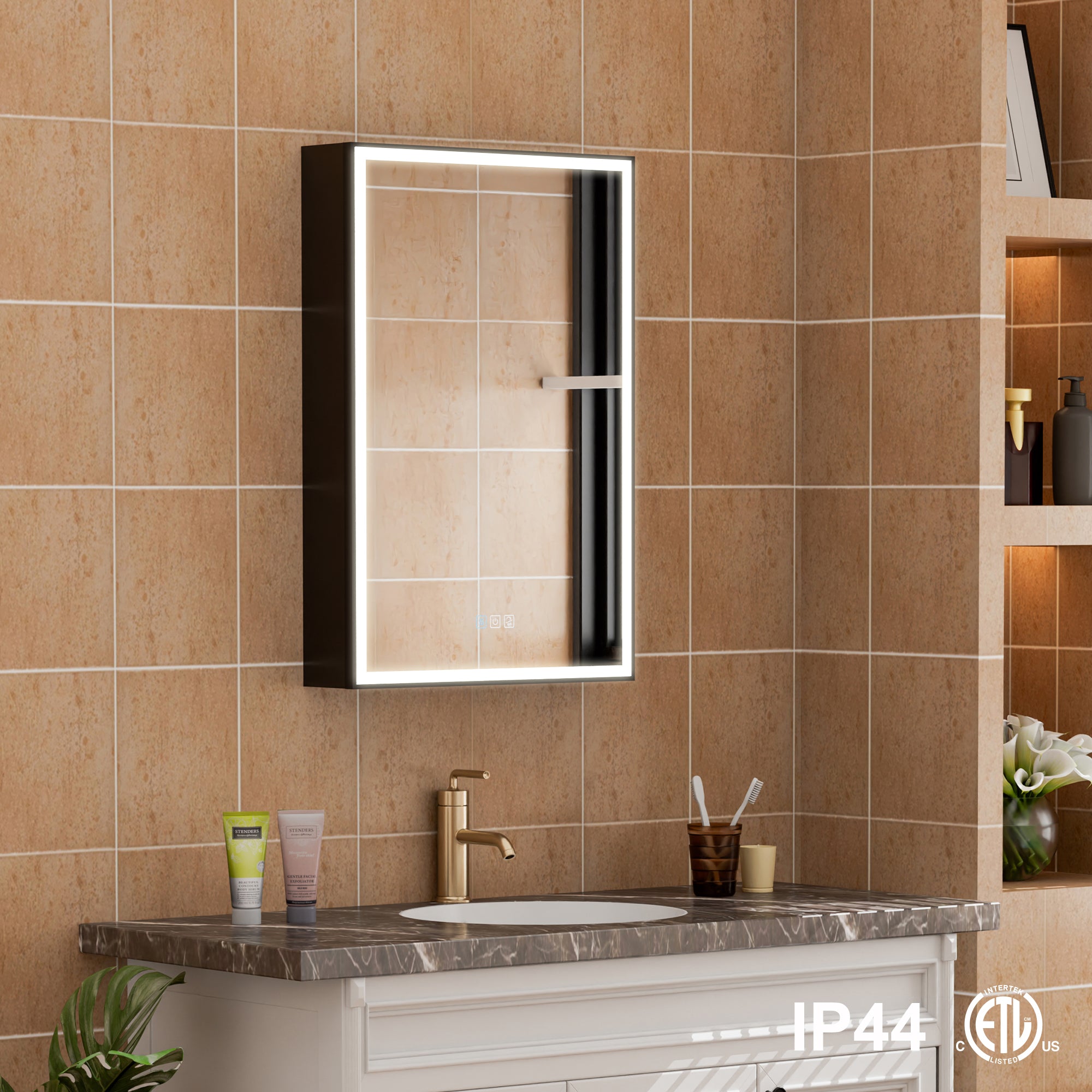
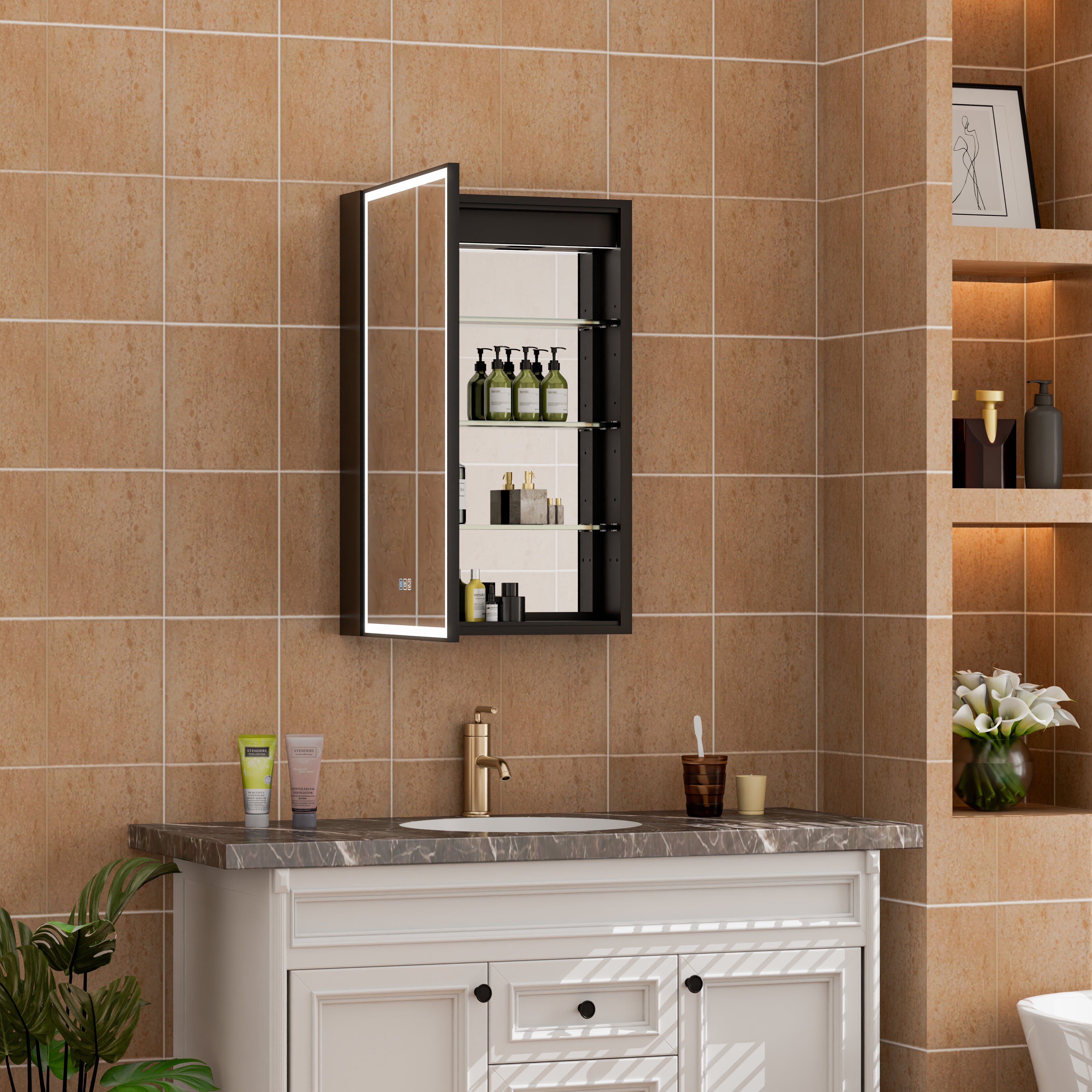
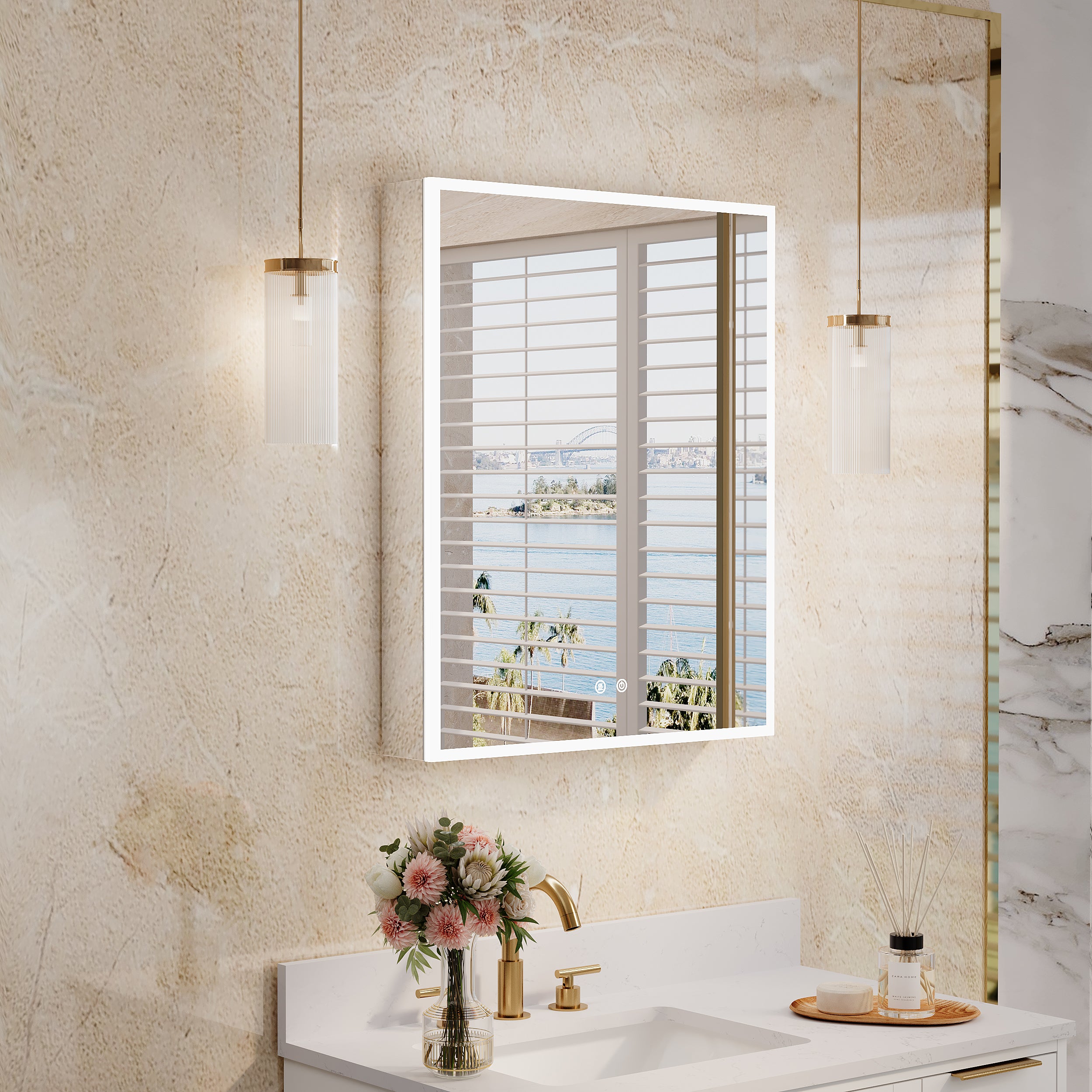
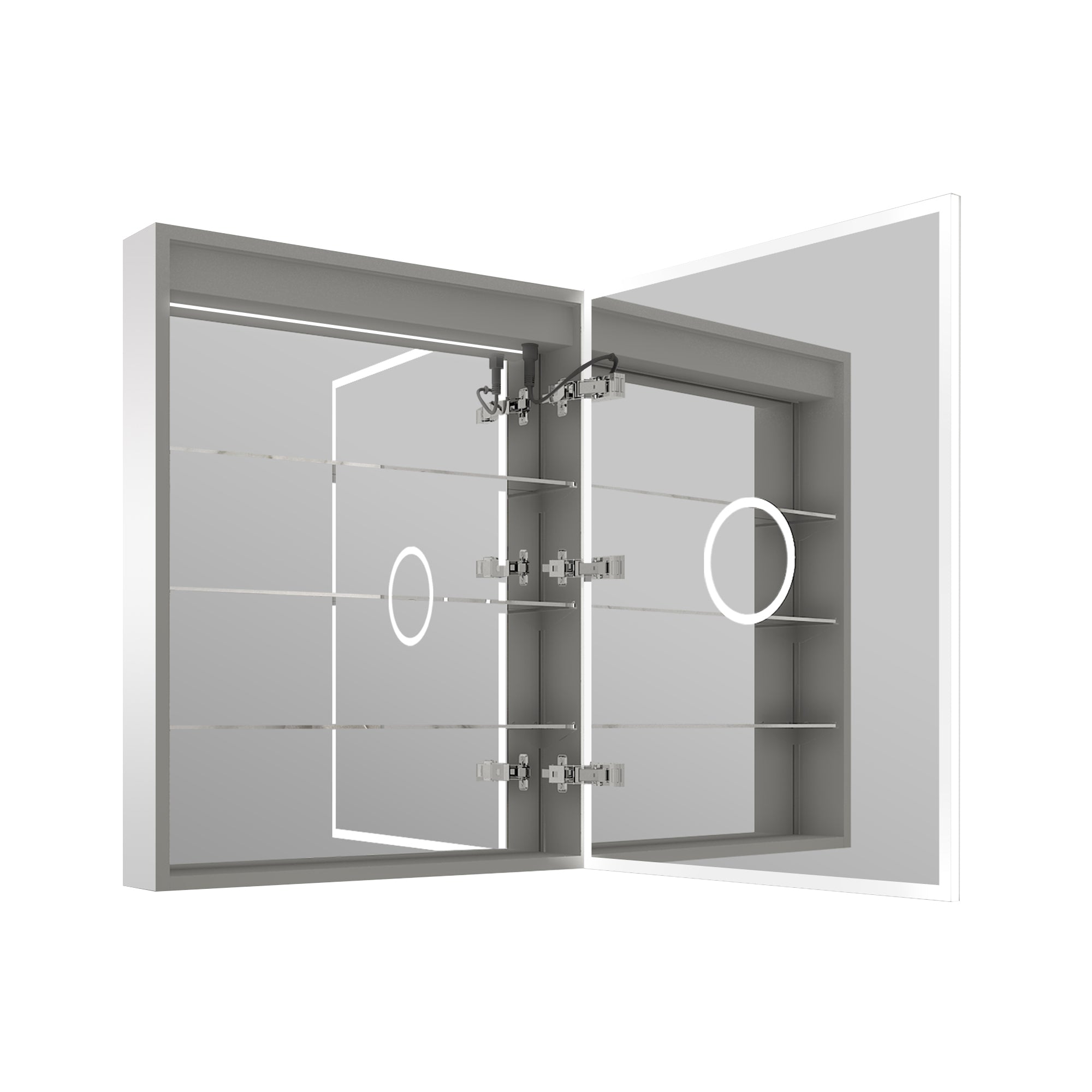
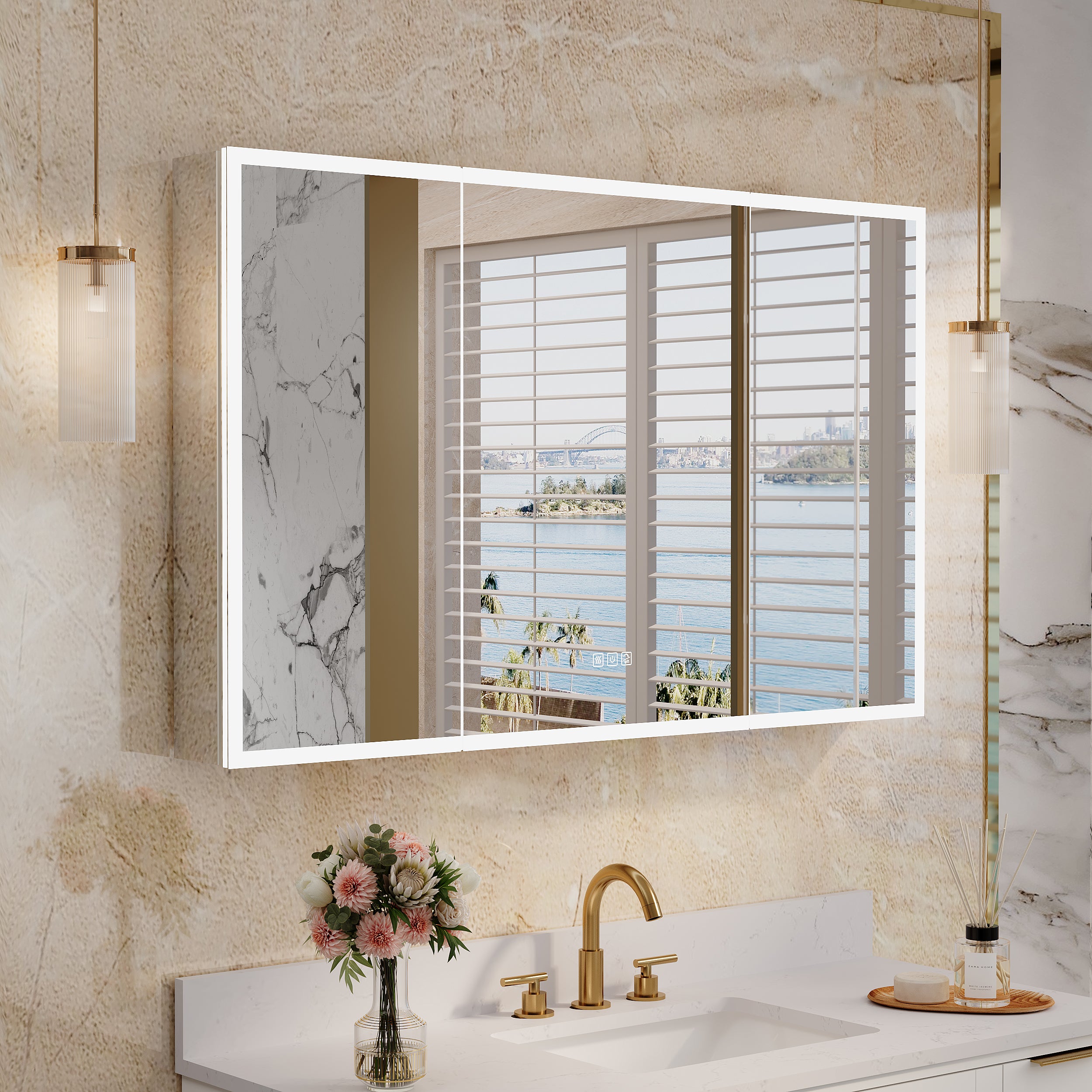
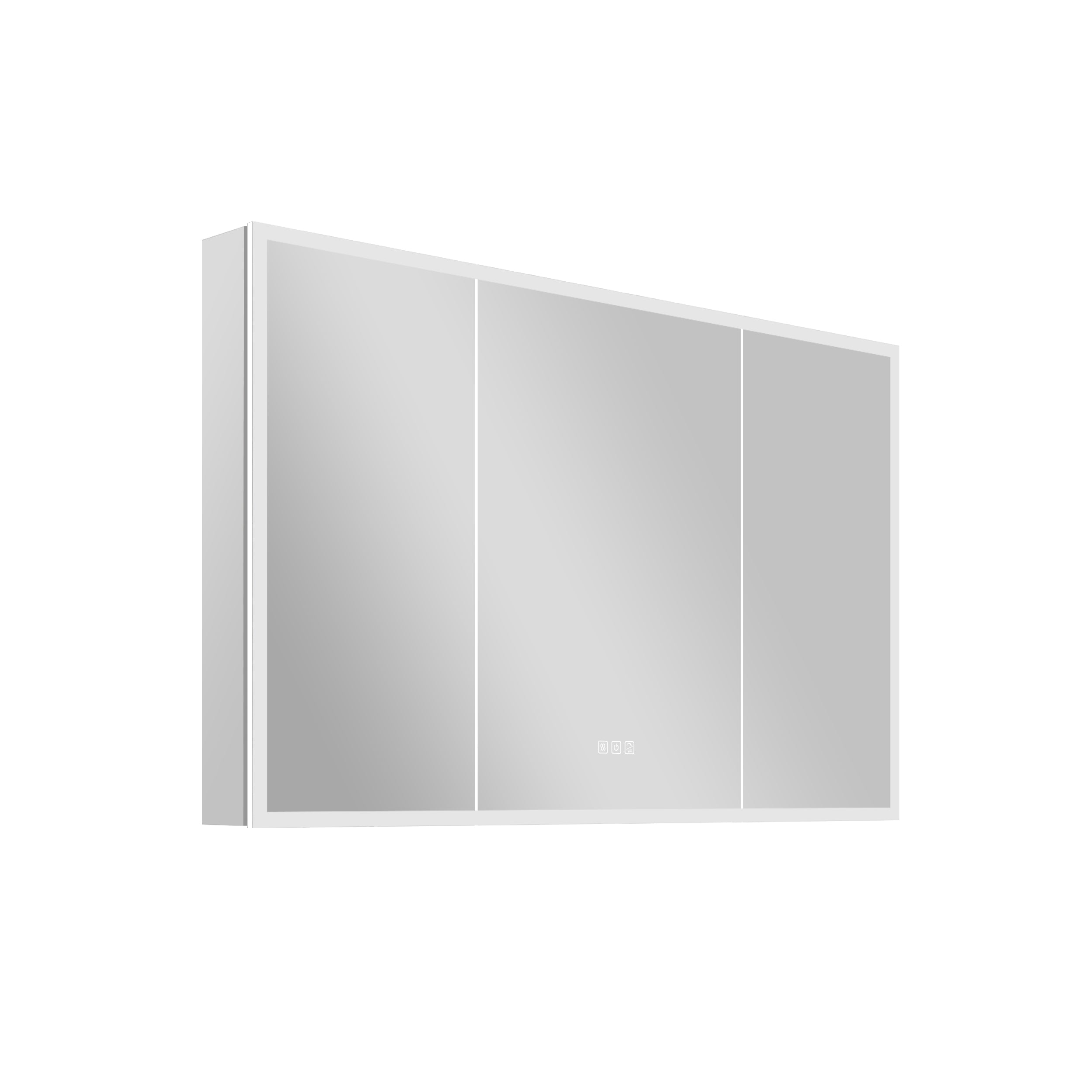
Leave a comment
This site is protected by hCaptcha and the hCaptcha Privacy Policy and Terms of Service apply.